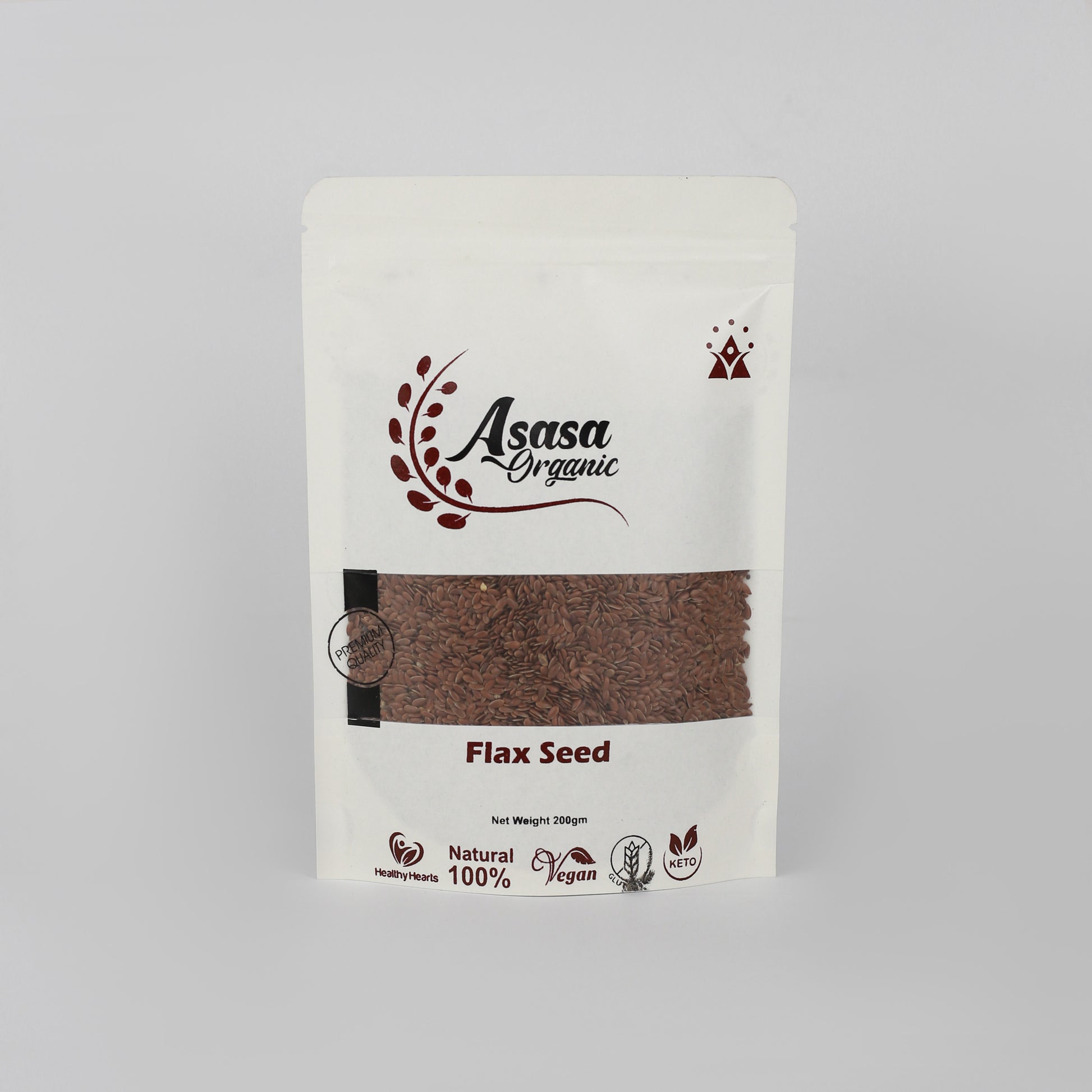
Flax Seeds
Flax seeds are tiny, golden or brown-colored seeds that are considered one of the oldest cultivated superfoods. They are packed with dietary fiber, plant-based omega-3 fatty acids (alpha-linolenic acid), and lignans, which act as powerful antioxidants. Known for their mild nutty flavor, flax seeds can be consumed whole, ground, or in oil form. Their rich nutrient profile makes them an excellent addition to a balanced diet, especially for those seeking plant-based nutrition.
Benefits
Flax seeds provide numerous health benefits. Their high fiber content supports digestive health, prevents constipation, and promotes satiety, aiding in weight management. The omega-3 fatty acids help reduce inflammation, improve heart health, and support brain function. Lignans in flax seeds have estrogen-like properties that may balance hormones, reduce the risk of breast and prostate cancers, and improve reproductive health. They also help in controlling cholesterol levels, stabilizing blood sugar, and enhancing skin and hair health due to their antioxidant and fatty acid content.
How to Use
Flax seeds are highly versatile and can be incorporated into daily meals in several ways. Ground flax seeds are more easily absorbed by the body and can be added to smoothies, oatmeal, yogurt, or baked goods. Whole seeds can be sprinkled over salads, soups, and cereals for a crunchy texture. Flaxseed oil can be used in salad dressings or drizzled over cooked vegetables but should not be used for high-heat cooking. Consuming 1–2 tablespoons daily is recommended for reaping maximum health benefits while enjoying their nutty taste and nutritional value.


